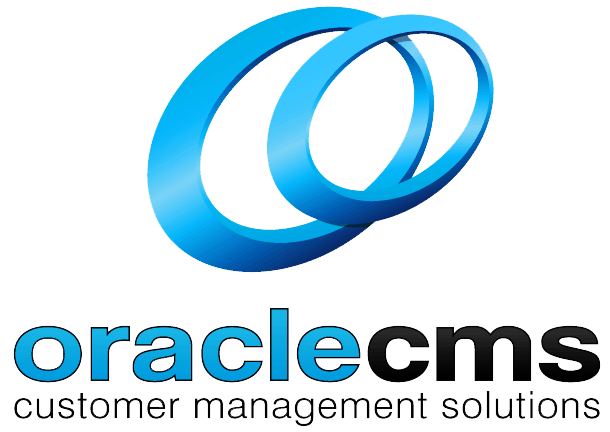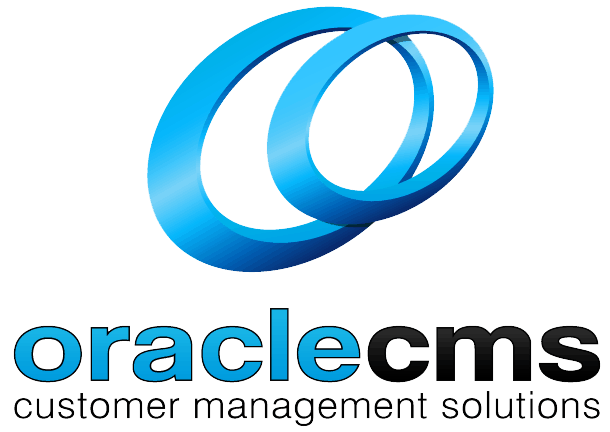Knowledge Management System (KMS)
In the context of contact centres and customer service industries, a Knowledge Management System (KMS) serves as a mission-critical tool for efficiently managing, sharing and harnessing knowledge resources to enhance customer support and operational effectiveness.
Key Components and Features
Centralized Knowledge Repository
A KMS in this sector acts as a centralized repository for customer-related information, product knowledge, FAQs, troubleshooting guides, and best practices. It ensures that agents have easy access to accurate and up-to-date information.
Rapid Information Retrieval
With intuitive search functionalities tailored to customer queries, KMS enables customer service agents to swiftly access relevant information, thereby reducing call handling times and improving service quality.
Customer-Facing Self-Service
KMS empowers customers to find answers independently through self-service portals or chatbots, reducing call volumes and providing 24/7 support.
Agent Collaboration Tools
Collaboration features such as discussion forums, agent chat, and knowledge-sharing platforms facilitate collaboration among customer service representatives. They can exchange insights, solutions, and real-time support.
Case Management
KMS often integrates with case management systems, allowing agents to document customer interactions, resolutions, and escalations for comprehensive case history and future reference.
Dynamic Knowledge Updates
Real-time updating mechanisms ensure that agents always access the most current information, particularly important in industries with rapidly changing products or regulations.
Performance Metrics Tracking
KMS provides analytics and reporting tools to monitor knowledge usage, identify gaps, and assess the impact of knowledge-sharing initiatives on customer satisfaction and agent performance.
Industry-Specific Benefits
Enhanced Customer Experience
KMS enables agents to provide accurate and timely information to customers, resulting in improved customer satisfaction and loyalty.
Efficient Training
New agents can quickly onboard and access training materials, reducing training time and improving agent readiness.
Reduced Call Handling Times
Quick access to knowledge resources helps agents resolve customer issues faster, leading to shorter call durations and improved call centre efficiency.
Cost Savings
By reducing call volumes through self-service options and efficient issue resolution, KMS can lead to cost savings for contact centres.
Compliance Adherence
In regulated industries, KMS ensures that agents have access to the latest compliance guidelines and can provide customers with accurate information.
In conclusion, a Knowledge Management System tailored for the contact centre and customer service industries is a strategic asset for delivering exceptional customer support, improving agent performance, and achieving operational excellence. It empowers organizations to efficiently manage knowledge, drive collaboration, and meet the unique challenges and demands of these industries.

